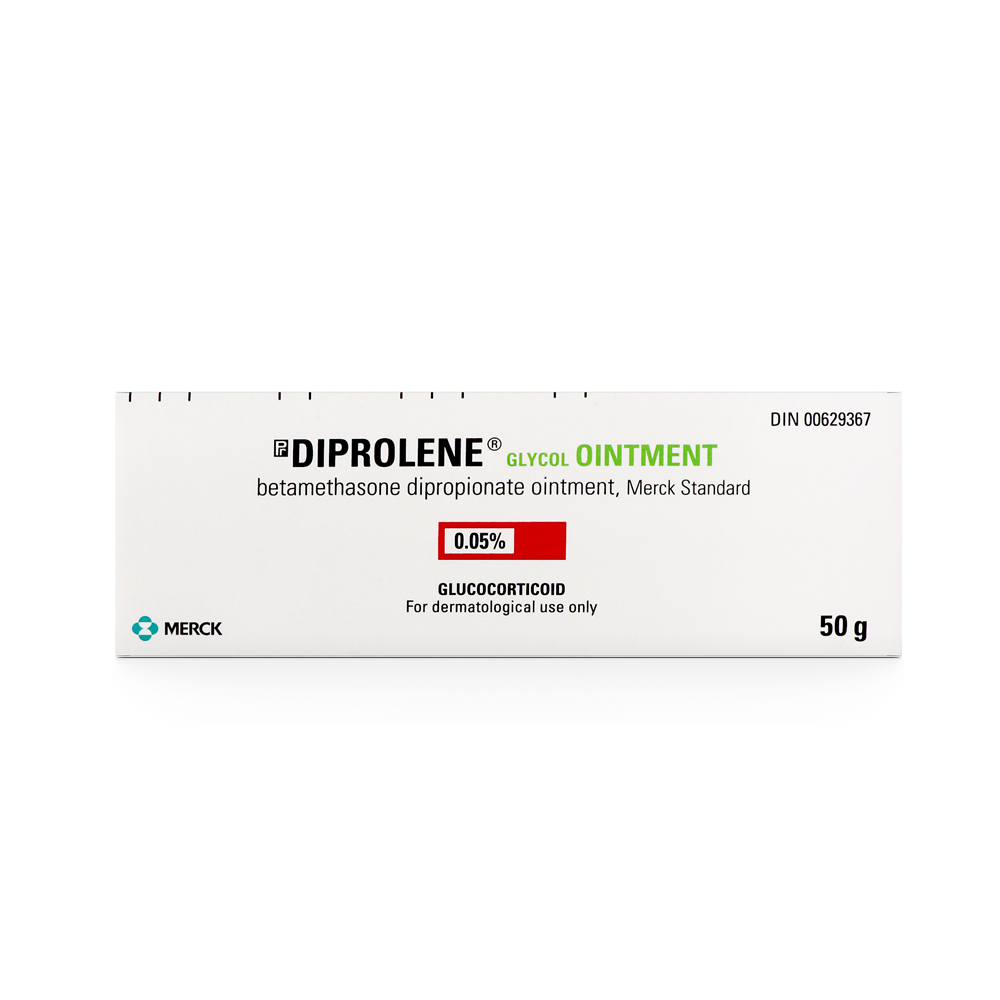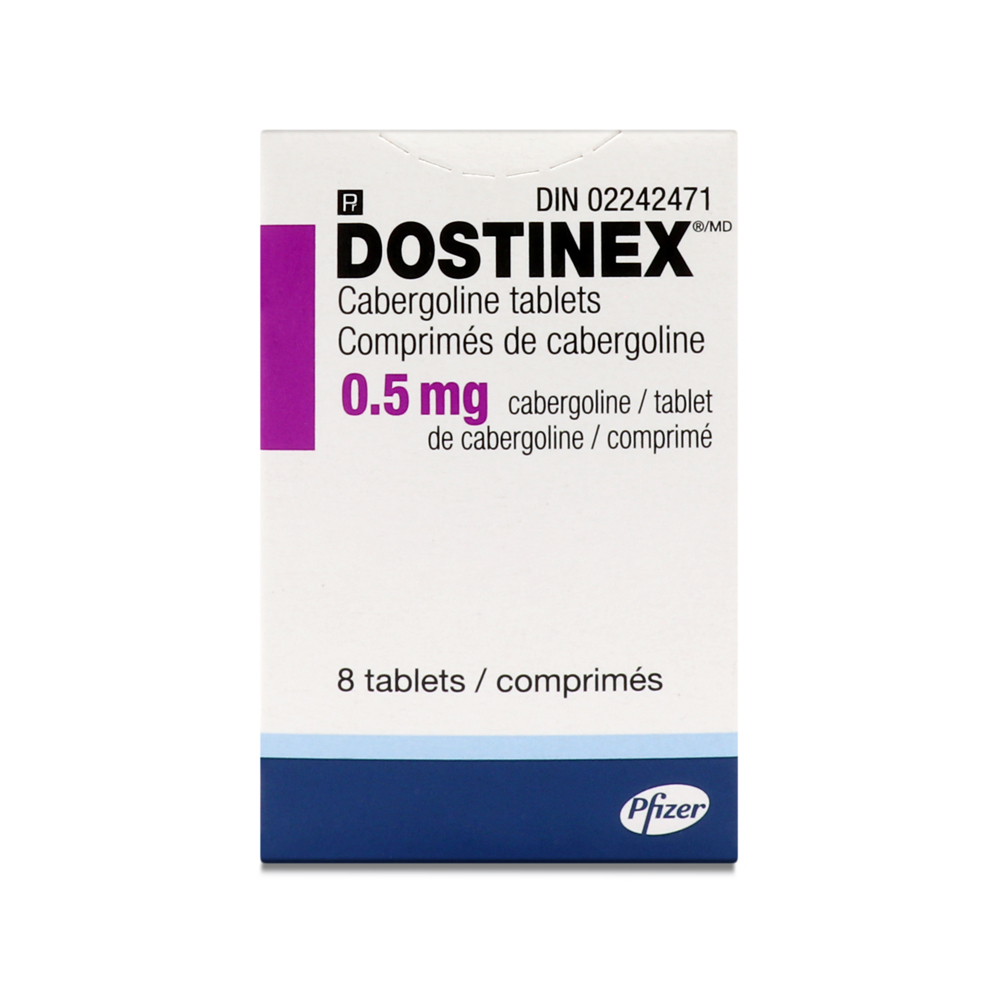
Dilantin (Phenytoin)
Brand: Dilantin
Active Ingredient(s): Phenytoin
Pack Size: 100 – 1000 – 100 Capsules
Store at room temperature.
Manufacturer: Upjohn (Canada)
Alternatives: Apo Phenytoin Sodium
*A valid prescription is required for Rx items.
Description
Dilantin (Phenytoin) is an anticonvulsant agent. It is typically used for the treatment of patients with focal and generalized onset seizures (a sudden, uncontrolled electrical disturbance in the brain) and prevention of seizures (a sudden, uncontrolled electrical disturbance in the brain) following craniotomy (an operation in which a piece of the skull is removed) and for the treatment of patients with convulsive and nonconvulsive status epilepticus (a seizure that lasts longer than 5 minutes, or having more than 1 seizure within a 5 minutes period, without returning to a normal level of consciousness between episodes). It may also have other uses.
Additional information
Dilantin (Phenytoin)'s dosage depends on the condition. Your doctor or pharmacist may have suggested a schedule that is more appropriate for you. Important: Follow the instructions on the label. Do not use more of this product, or more often, than prescribed. If you miss a dose, contact your pharmacist. Administer with or without food. WARNING: Some people who take phenytoin become drowsy. Avoid activities that require complete mental alertness, judgment, and physical coordination (such as driving a car or performing hazardous tasks) until you establish how you are affected by phenytoin. This medication can decrease the number of neutrophils (a type of white blood cell that helps fight infection), red blood cells (which carry oxygen), and platelets (which help your blood to clot). Your doctor will do blood tests to monitor this. Because phenytoin can cause swollen and bleeding gums, it is important to practice good dental hygiene by flossing, brushing, and visiting your dentist regularly. Phenytoin can decrease the release of insulin from the pancreas, resulting in higher-than-normal levels of glucose (sugar) in the blood. It may also have an effect on the action of medications used to lower blood sugar for people with diabetes. Do not stop taking phenytoin without consulting your doctor. Stopping the medication suddenly may cause an increase in the number or severity of seizures. In addition to its desired action, Dilantin (Phenytoin) may cause some side effects, notably: It may cause cardiac arrhythmia (irregular heartbeat) and hypotension (low blood pressure). It may cause dizziness, drowsiness, headache and insomnia (inability to sleep). It may cause skin rash and edema (water retention). Contraindications: Hypersensitivity (severe allergy) to phenytoin, other hydantoins, or any component of the formulation, concurrent use of delavirdine, history of prior acute hepatotoxicity (liver toxicity) attributable to phenytoin. Bradycardia (slow heart beat), heart block (a condition where the heart beats more slowly or with an abnormal rhythm) and irregular heart rhythm. Taking Dilantin (Phenytoin) during pregnancy may be harmful for the baby. Women of childbearing potential should use an effective contraceptive method. Pregnant women should not use this product. If you're planning a pregnancy or become pregnant, contact your family doctor. A treatment with Dilantin (Phenytoin) requires regular monitoring by a doctor. Be sure to see your doctor for all regularly scheduled appointments.Dilantin (Phenytoin)
Warning
Each person may react differently to a treatment. If you think this medication may be causing side effects (including those described here, or others), talk to your doctor or pharmacist. He or she can help you to determine whether or not the medication is the source of the problem.
There are no reviews yet.





Reviews